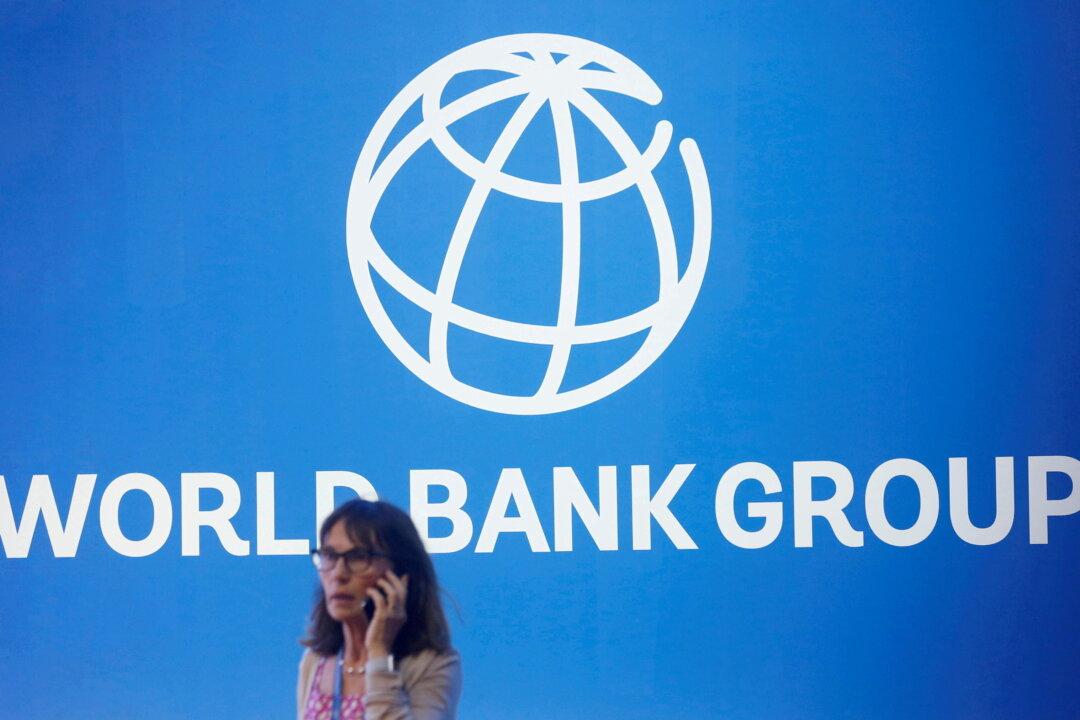The global economy will come “perilously close” to slipping into a recession this year, the World Bank warned in its latest semi-annual report.
The international lender slashed its global economic growth forecast by close to half, to 1.7 percent, led by slowing growth in the world’s top economies of the United States, Europe, and China. This estimate is down from its previous prediction of 3 percent six months ago.





